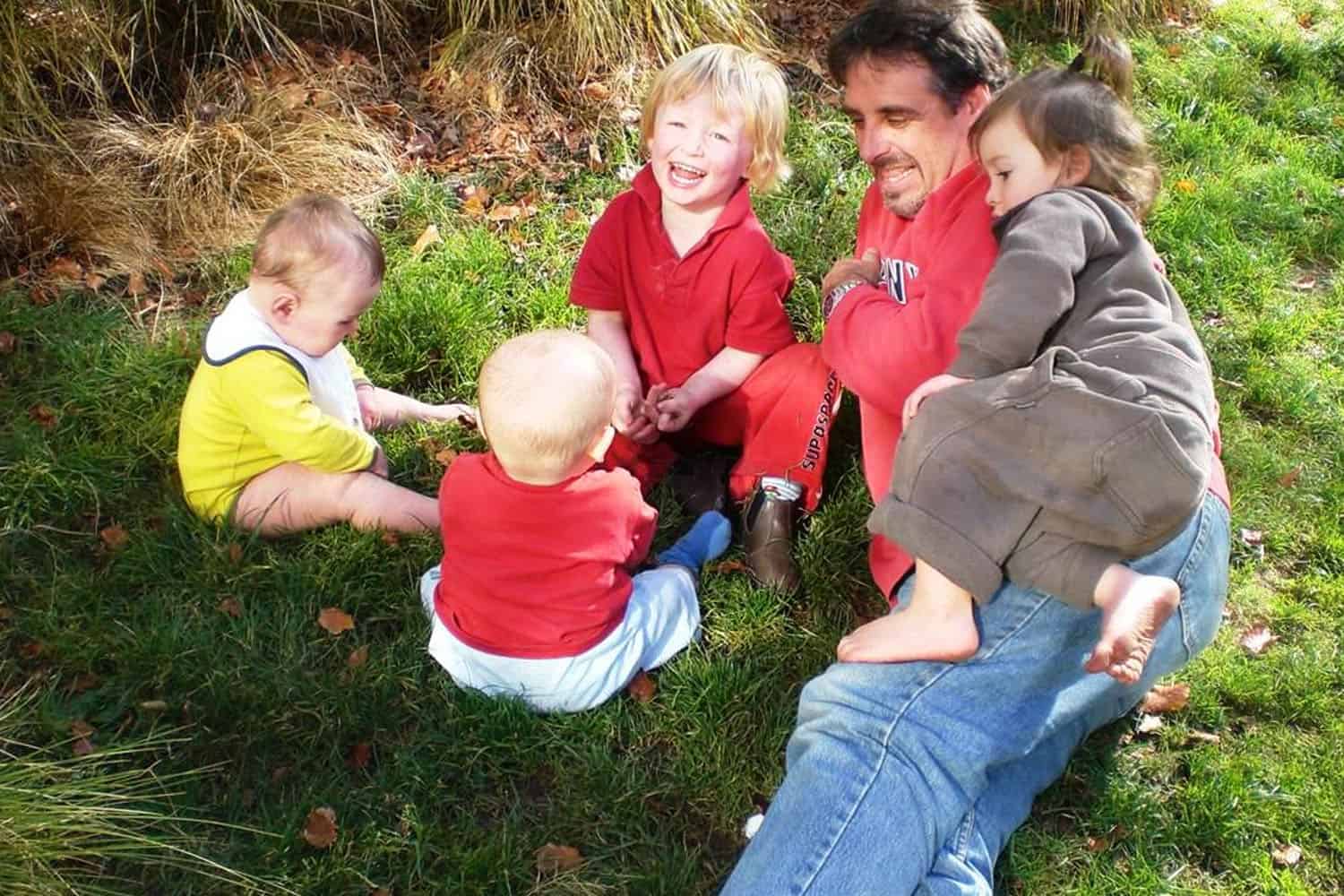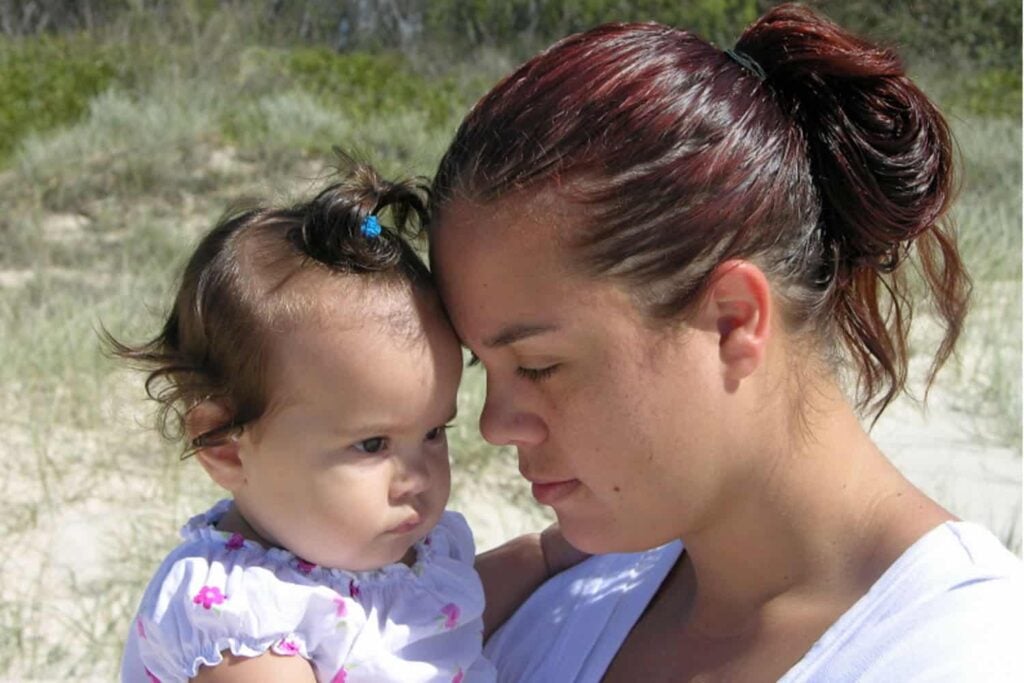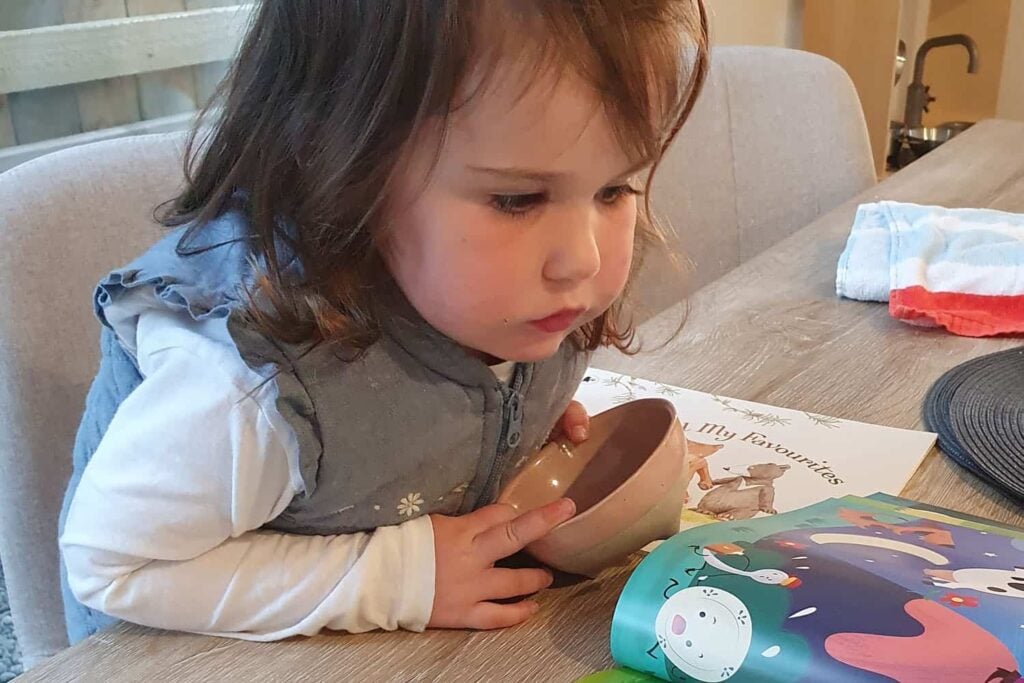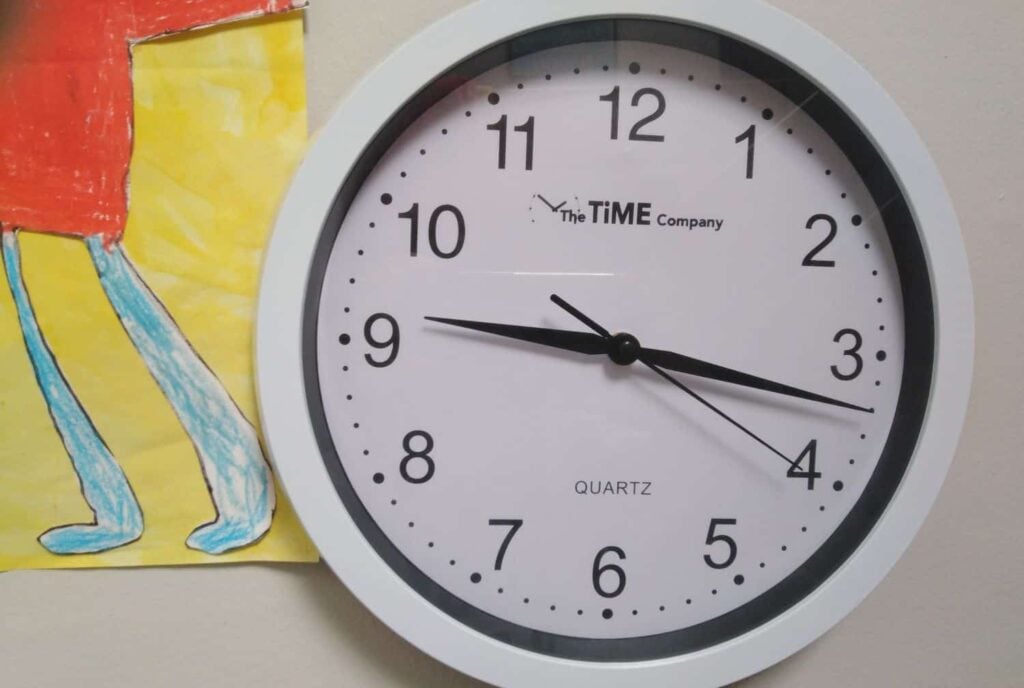The Original Massey University Research Study of Male Teachers (1997)
“A Few Good Men or a Few Too Many? A study of Male Teachers” by Dr Sarah Alexander was the very first – and original – research report on men in early childcare and education in New Zealand.
The research report resulted in media and public attention to the difficulties that men were experiencing in working in early education and it showed the adverse effects of public fear about child abuse on men’s participation in the sector.
The report presents the findings of an exploratory study of the characteristics, views and experiences men and their colleagues at 20 early childhood centres in NZ. Twenty men and their female co-workers working at 10 kindergartens and 10 childcare centres were interviewed.
The results showed that in most respects the backgrounds and training of the male and female teachers were similar. A key difference was that male teachers tended to be the main income earners in their household whereas for female teachers early childhood teaching provided a second household income. The majority of men entered the profession as a result of unemployment or redundancy. For the men early childhood teaching was a second career choice after they had tried other more traditional options.
The main reasons given by the male and female teachers for male under-representation in early childhood teaching were:
- Fear of child sex abuse,
- Low wages,
- The perceived feminine nature of the work,
- Low social status of the professions,
- A lack of career structure, and
- Public perception that men who work with children must be either homosexual or not real men.
Male teachers had a tougher time than their female counterparts. Their own families and friends tended to be less supportive of their decision to become teachers. They were more likely to have difficulty in gaining employment, and they experienced greater levels of suspicion from employers and parents. Male teachers tended to feel isolated at times because their colleagues were women.
All male teachers viewed their participation in early childhood teaching as valuable for helping children to see that men can care and teach young children. It increased awareness of sexism in the curriculum and in (female) teacher expectations. Female teachers liked having male colleagues on the teaching staff and there were few reported issues.
Read the full report: Study of Male Teachers – A Few Good Men









